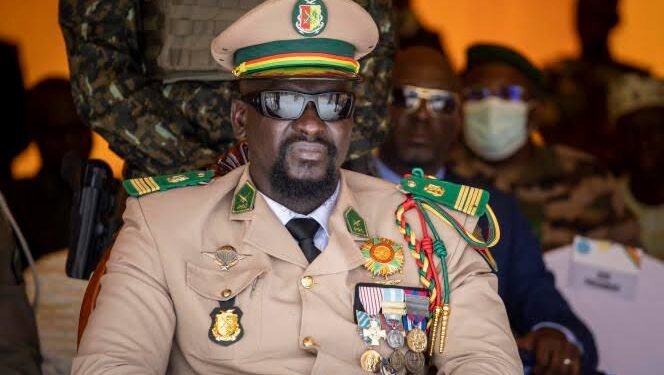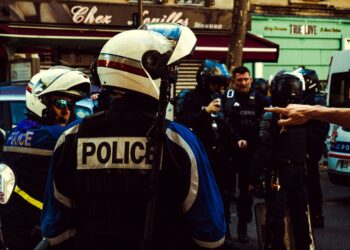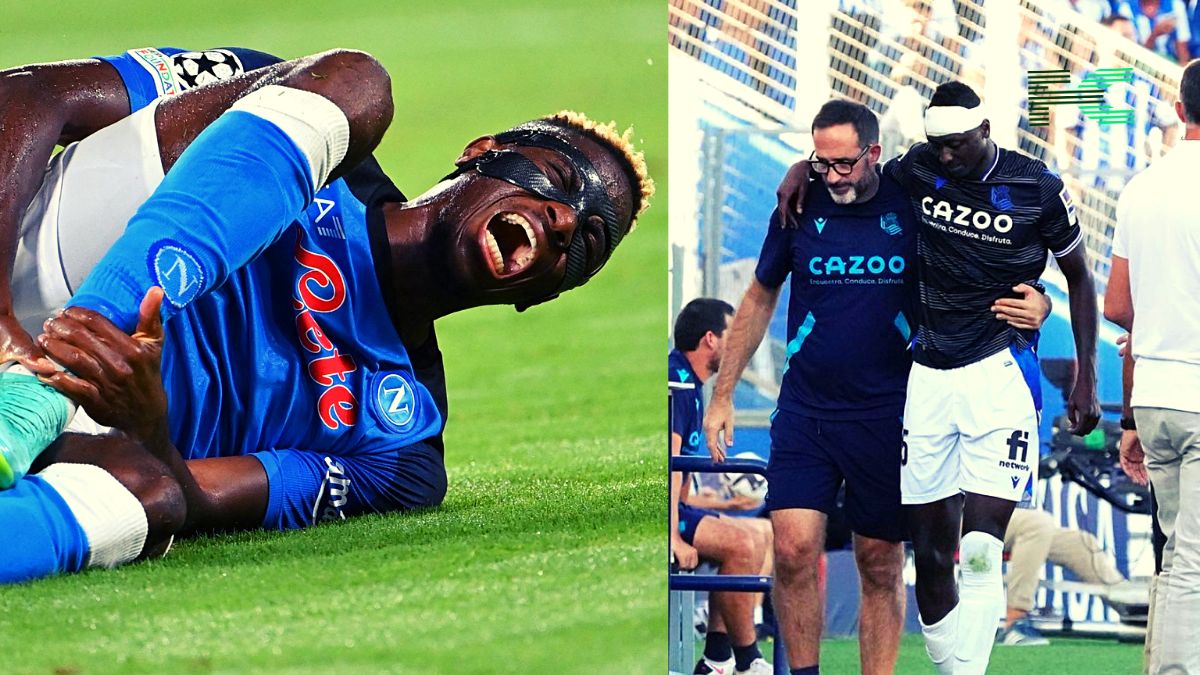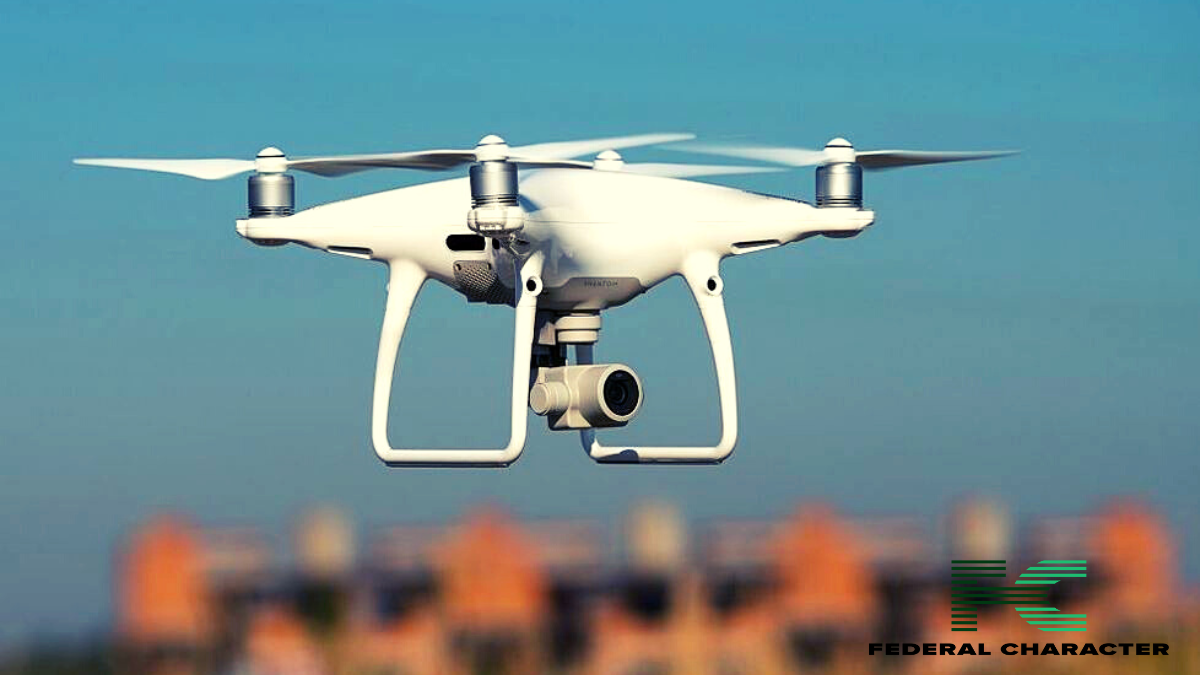Guinea’s ruling junta has dissolved 53 political parties and put its three main opposition groups under surveillance, according to an official document reviewed by AFP. The move comes a mere two months before the junta’s supposed deadline to hand power back to civilians—a promise that’s already fallen apart as the regime recently announced it won’t meet its 2024 commitment.
Let’s take a step back. This junta, which took power in a 2021 coup, now claims it’s “cleaning up” the political landscape. Why? According to Guinea’s Ministry of Territorial Administration, it’s all about enforcing compliance: parties without national offices, valid licenses, or transparent finances are apparently a danger to the country’s “social equilibrium.”
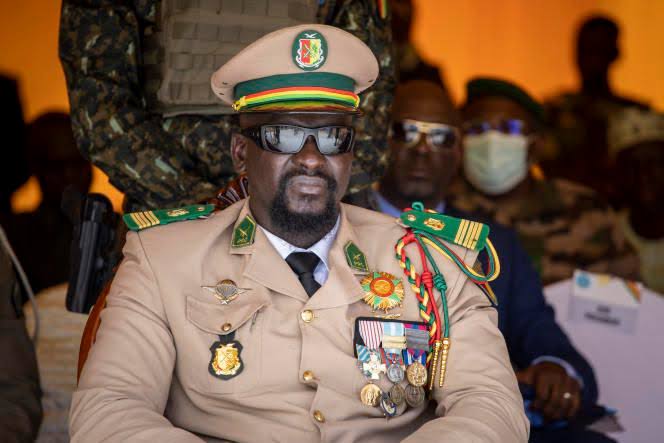
Out of 211 registered political parties, they’ve axed 53, suspended another 54 for three months, and slapped 67 others with a probationary “observation” status. The question is, is this truly about “cleaning up” or consolidating power?
It’s hard to ignore that those placed “under observation” include the three primary anti-junta parties. Conveniently, these are led by exiled leaders, including Alpha Conde’s Rally of the Guinean People (RPG). Conde, the former civilian president, was ousted in the junta’s 2021 takeover. The report? Not a whisper about transitioning back to civilian rule. Guinea’s junta is, instead, focusing its energy on sidelining dissenters and silencing critics.
Several government officials have started pushing the idea of General Mamady Doumbouya, the junta’s head, running in a future presidential election. Yes, the same Doumbouya who assured Guinea he wouldn’t seek the presidency now seems set on securing a permanent seat of power. And to lock in their control, the junta banned all demonstrations in 2022. Civil society groups report that violent crackdowns on these “unauthorized” protests have already claimed dozens of lives.

